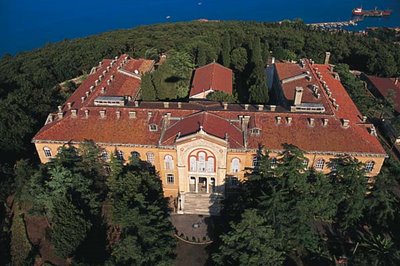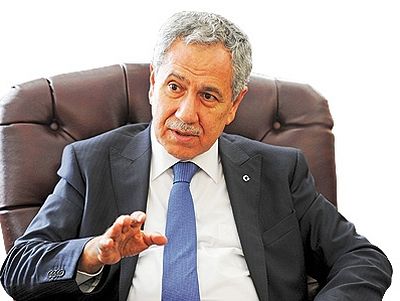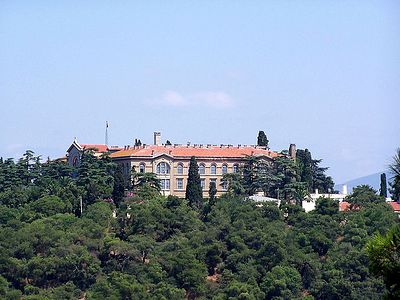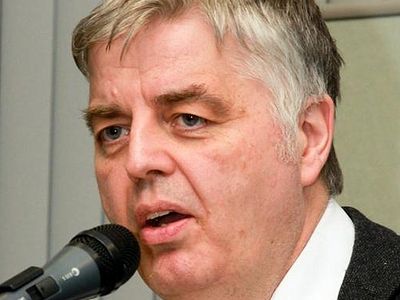Istanbul, July 5, 2010
 Halki Seminary
Halki Seminary
Greek Orthodox Patriarch Bartholomew has expressed optimism that Turkey will next year reopen a historic seminary that was shut down nearly four decades ago.
The Greek Orthodox seminary, located on Heybeliada island off Istanbul, was a main center of theological education for more than a century before Turkish authorities closed it in 1971 under a law designed to bring universities under state control. The European Union has long asked Turkey to reopen the seminary to prove its commitment to human rights as it strives to become a member of the 27-nation bloc.
“We are optimistic that our government will reopen the school next year at the latest after nearly half a century has passed since the school closed in 1971,” Bartholomew told members of the Greek Orthodox community following a religious sermon at a small chapel next to the Halki seminary on Sunday.
“We have the promise of Prime Minister Erdoğan, the minister of education [Nimet Çubukçu] and Mr. Egemen Bağış, the chief negotiator for EU talks, who have told us repeatedly that there is no legal obstacle to reopening the school,” said Bartholomew.
The government, keen to boost its bid to join the EU, has in recent years taken steps to improve the rights of its non-Muslim minorities but has so far refrained from any move on the seminary. Still, there have been positive signals that the government will reopen the school, as it has been working on a formula to bring it in line with the existing university system in Turkey. Yet it remains to be seen if Ankara will be able to open it next year during election times.
Bartholomew said the school – when it functioned before “unfortunately the authorities of our country closed it down” – served not only the needs of the Greek Orthodox Patriarchate but also the needs of other Christian Orthodox churches.
“The ecumenical dialogue is one of the priorities of the ecumenical patriarchate and human beings all over the world, because those who completed their education at the school not only served in Greece but in many countries around the world where they were sent by the church,” said Bartholomew. Turkish authorities do not recognize the Greek Orthodox patriarch as “ecumenical,” regarding him merely as the leader of the Greek Orthodox Church in Turkey.
“We have been here as an institution for 1,700 years and this is a great privilege for Turkey,” said Bartholomew. He then shared an interesting anecdote from his recent meeting with the former prime minister of Canada.
“As Turkish citizens we are loyal, we love our country and we don’t want to leave, because I am asked many times,” he said.
“And only a few days ago I was asked by the former prime minister of Canada who last Tuesday visited the ecumenical patriarchate, which is our headquarters, and when we had a cup of coffee in my office, he asked me, ‘Do you think you will leave this country some day sooner or later and go somewhere else’ in order to serve the ecumenical mission under better conditions? I said, ‘No, we have never thought about this. We don’t accept this possibility. We want to stay here because our legacy is here. Our roots are here. In the last analysis, we love our country.’”
Bartholomew also expressed strong support for Turkey’s membership in the EU.
“We pray for the entrance of Turkey into the EU, the European family,” he said. “Wherever I go internationally, I support it wholeheartedly … because we do believe that Turkey is a part of Europe.”



